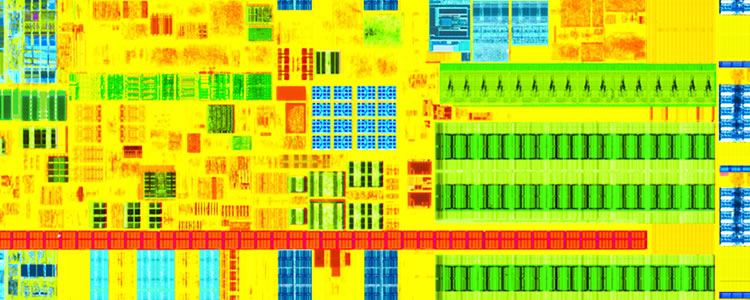
With Intel's Haswell fourth-generation Core processors, overclocking on K-series CPUs is technically limited to motherboards using the high-end Z87 chipset. However, a number of motherboard manufacturers discovered a way around this limitation, updating their existing H87, B85 and H81 boards to allow overclocking.
Intel wasn't too happy that their cheaper chipsets were stealing the features of the more expensive ones, so Intel has announced a new microcode update that will block overclocking on all non-Z87 motherboards. According to a statement released by the company, the update will be released in week 30 of this year, which so happens to be this week.
While Haswell chipsets differentiate on a few specifications, such as the maximum allowed USB and SATA ports, and supported technology such as Intel's Rapid Storage Technology, mostly the chips are the same. Intel uses their best silicon for Z87 chipsets, and as they are built to take the added stress of overclocking, they are the only chipsets to technically support it for K-series processors.
It now becomes a question of how quickly these updates will turn up to kill the workarounds developed by motherboard manufacturers. It's likely that soon we'll see new Haswell processors available with the microcode out of the box, meaning if you're looking to overclock your K-series processor you should stick to the more expensive Z87-based motherboards. Intel has likely completely patched up the workaround, so don't expect manufacturers to find a second one for the H87, B85 and H81 chipsets, at least not anytime soon.